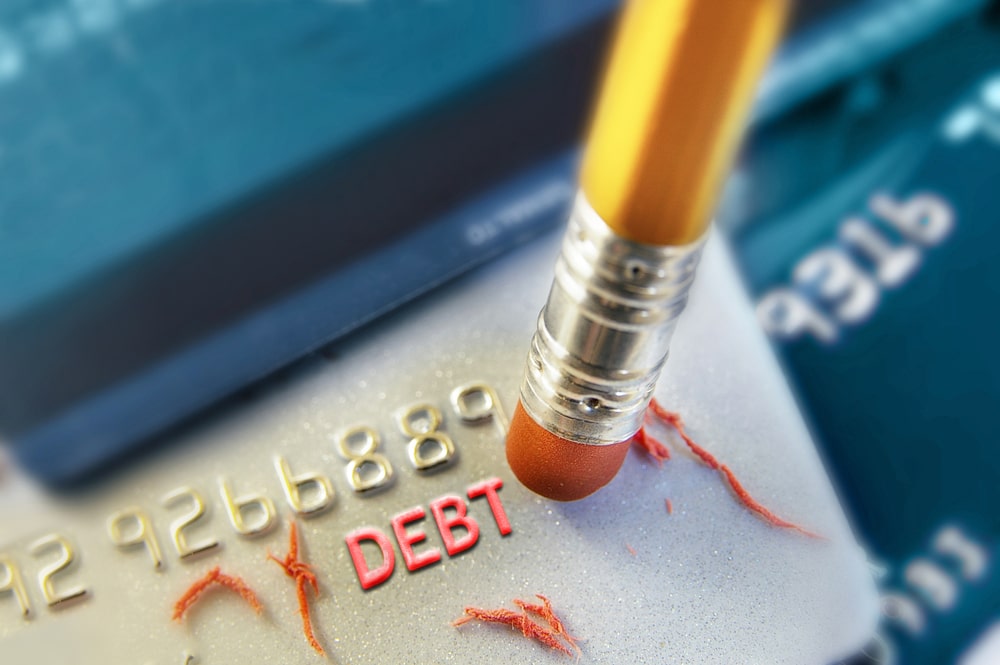There are few industries that are more competitive than the credit card sector, which is, of course, great news for you – the consumer. This means that there are plenty of options, and in their desire to woo you to their corner, you can come away with great annual percentage rates, rewards, and prizes. But be careful, debt can easily add up to a lifestyle full of stress.
Education is central to the lives of millions of adults of all ages these days, which makes top rated student credit cards so attractive in the credit marketplace. You can figure out what attributes are most important to you, and you’re all but guaranteed to find a credit card that has them. This article aims to help you handle the credit cards you do obtain so that you don’t become a hostage to debt.
1. Save Your Credit Card Use for Smaller Purchases
This is general advice; the rationale behind it is to make sure you make your payments on time so that your credit history never suffers. This will, in fact, make it rise over the months as the FICO number is recalculated to reflect your growing creditworthiness. Every on-time payment does this, and large purchases tend to be harder to pay off consistently.
Of course, if you can handle it, then it’s okay to make the occasional large purchase. After all, simply having a car isn’t enough to raise your credit score; you need to actually use it to show lenders that you’re responsible. Regular expenses such as groceries and gas are great ways to continuously use the card and improve your history – without running much risk of incurring late payment penalties.
2. Pay Off Your Monthly Balance When Possible
Although carrying a balance isn’t a bad thing; it isn’t possible to get the really high credit scores when your ratio of used debt to total available credit is high. This means you need to have more credit available to be used than debt so that lenders can feel confident that you’re not running the risk of overextending yourself.
3. Avoid Opening Multiple Credit Card Accounts At Once
Notice this very carefully: you can apply for multiple credit cards; just don’t open so many accounts all at once. If you do, then your credit score will take a dip. This is especially true for students who may be opening up their first accounts; since your credit history isn’t well-established, this will give lenders some pause. If, on the other hand, you already have a robust credit history, then opening several accounts at once won’t hurt you much – if at all, depending on some other factors.
4. Stay On Top of Your Other Bills
This goes for your apartment utilities, taxes and even fees you might have incurred at your city library. Credit bureaus factor these records into their account of your creditworthiness, and too many delinquencies will be reflected on your credit score. As such, it does you no good to pay all of your multiple credit cards on time, only to routinely miss utility payments. In fact, one of the three major credit bureaus, Experian, gathers rental payment information and incorporates this into the credit reports they have on file for you.
5. Look Into Authorized Users
In particular, consider trying to become an authorized user on the account of someone close to you who is very responsible with credit – such as your parents, or a sibling. Of course, the person can monitor your spending activity; but more importantly, you can build really good credit via association. This is totally legitimate and is used to influence your credit score. You will get a numerical boost from the good credit of your family member.
For more information and tips on debt here on Bit Rebels, click here!

COMMENTS